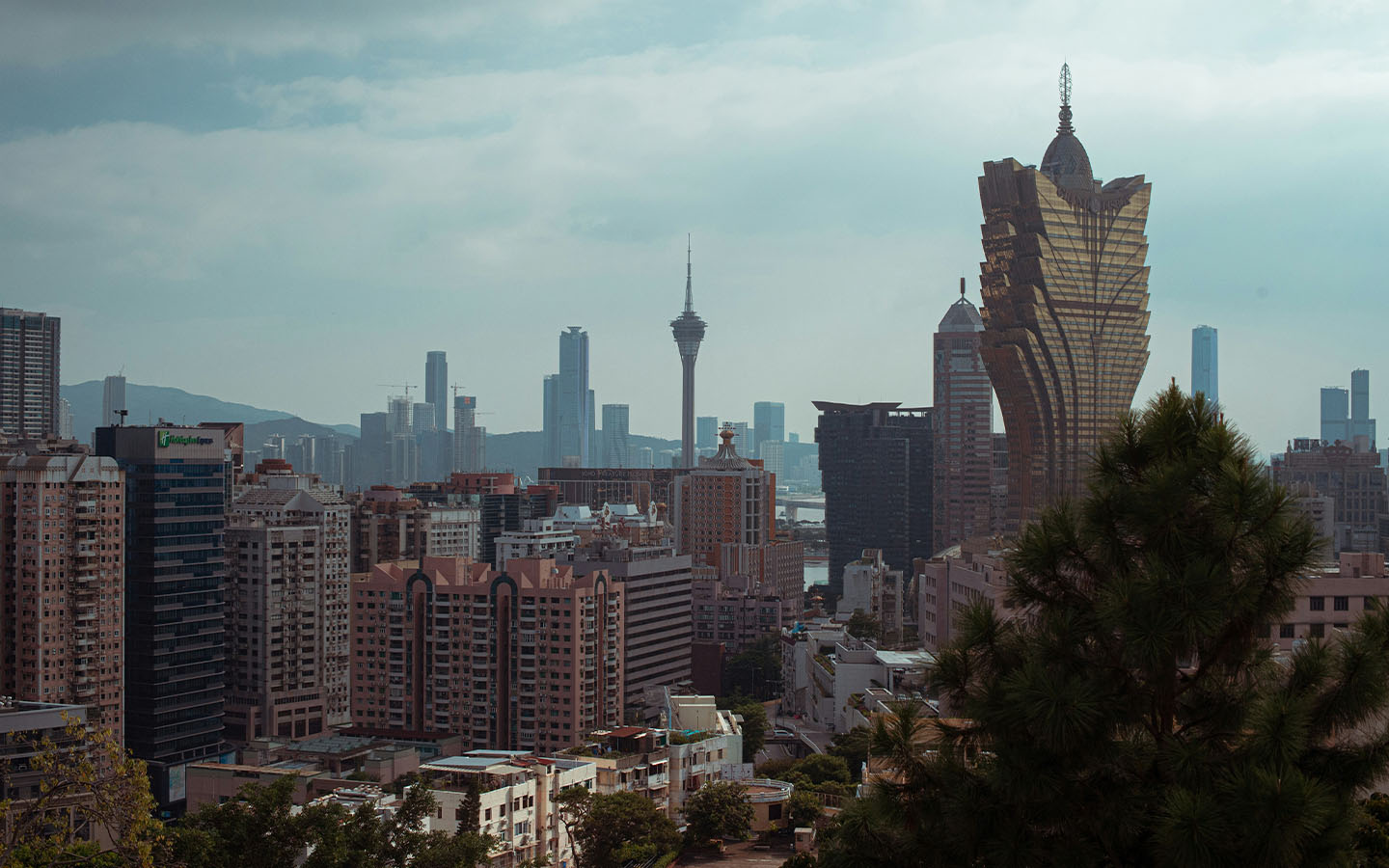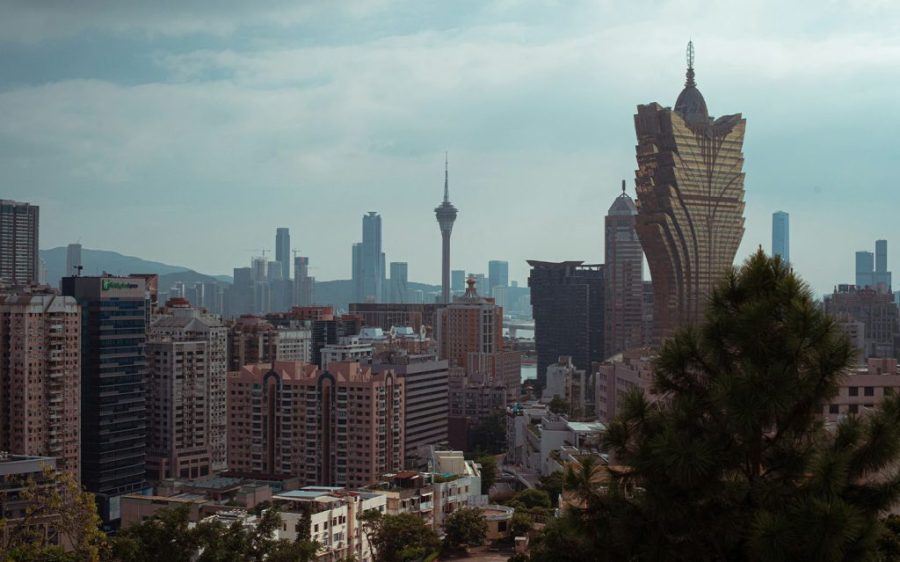Macao could be hit by a severe typhoon in the coming days, with the local weather forecaster reporting that Tropical Storm Yagi could reach as close as 300 kilometres south of Macao during the latter part of this week.
According to the Metrological and Geophysical Bureau (known by its Portuguese initials SMG), Yagi developed in a low-pressure area located to the east of the Philippines yesterday. Meteorologists say that further observation of the intensity, trajectory and size of the storm will be needed once it enters the South China Sea in the middle of this week.
The bureau is expecting to issue a tropical cyclone signal one between Tuesday night and Wednesday, noting that Yagi “is expected to enter within 800 kilometres” of the SAR during this period.
The Hong Kong Observatory is also considering issuing a tropical storm signal 1 tomorrow, stating that Yagi is expected to “edge closer to the coast of southern China and further intensify” after reaching within 800 kilometres of Hong Kong on Tuesday.
[See more: Extreme weather events in Macao are on the rise, says top weather official]
As a result of the incoming tropical storm, Macao’s weather is expected to shift from being hot at the beginning of this week to rainy, windy and thundery starting from Wednesday.
Looking ahead to autumn, the SMG said that it expects the average temperature to be higher than the normal range between 24.4ºC and 24.8ºC. The rain level, meanwhile, is anticipated to fall within the average and above average range, lying between 228 to 371 millimetres.
The higher-than-average temperature that has been forecasted for autumn is not wholly unexpected, as Macao has been hit by a series of yellow hot weather alerts since the first one was issued back on 19 June. The scorching hot weather has seen residents routinely having to deal with temperatures of 33ºC or more.
Climate change has been singled out by the SMG as the main cause for the intense heat and extreme weather events such as typhoons that the city has been experiencing in recent years. The SMG published a report earlier this year that predicted the number of hot days in the city to double by the middle of this century.






